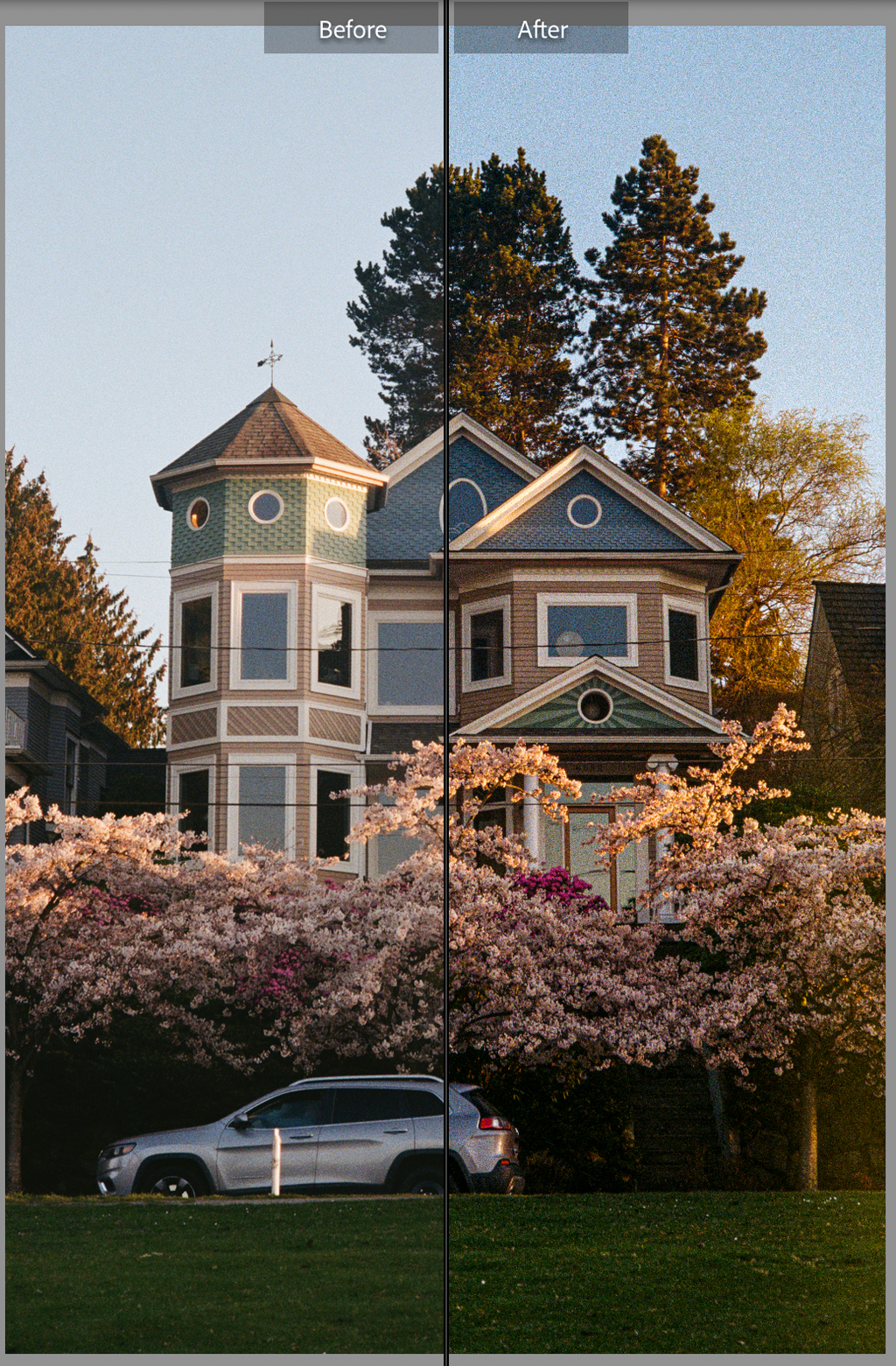The world of film photography is often associated with the idea of capturing images in their purest form, without any digital alterations. However, the question of whether to edit your film scans is a topic of debate among photographers. In this blog post, we'll explore the pros and cons of editing film scans, helping you make an informed decision on whether or not to embrace post-processing in your film photography journey.
Editing film scans can offer several advantages. Firstly, it allows you to correct any technical imperfections that may have occurred during the scanning process, such as adjusting exposure, white balance, or removing dust and scratches. Additionally, editing can help enhance the overall aesthetic of your images, allowing you to emphasize certain elements or achieve a specific look that aligns with your creative vision.
On the other hand, there is a school of thought that believes in preserving the integrity of film photography by refraining from digital edits. Many photographers argue that the unique characteristics of film, such as its grain, color rendition, and subtle imperfections, are part of its charm and should not be altered. They believe that editing film scans goes against the essence of shooting film and the analog experience.
Ultimately, the decision to edit your film scans boils down to personal preference and the goals you have for your photography. If you value creative control and want to achieve a specific aesthetic or correct technical flaws, editing can be a valuable tool. However, if you appreciate the authenticity and rawness of film, you may prefer to embrace the imperfections and characteristics inherent in your scans.
In conclusion, the choice of whether to edit your film scans is subjective and depends on your artistic vision and goals. There is no right or wrong answer, and it's important to do what feels true to your own style and intentions. Whether you choose to edit or not, the most important aspect of film photography is the joy and satisfaction it brings as you capture moments on this timeless medium.
Happy shooting!
--Matthew Rygh

